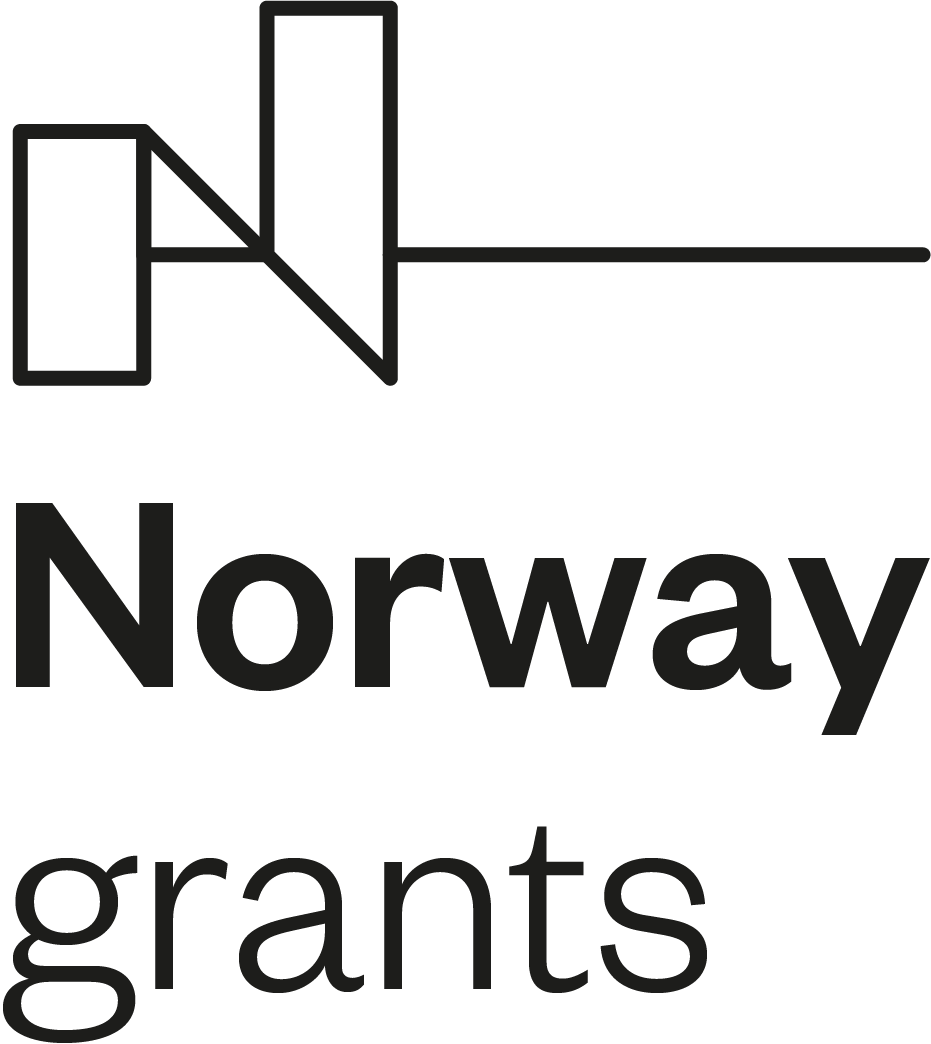A Brief Study of Contrastive Views on Zazaki
08.01.2016
A Brief Study of Contrastive Views on Zazaki
Esat ŞANLI, Mardin Artuklu University, Institute of Living Languages, Kurdish Language and Culture
The Zazaki's place amongst Iranian languages is an ongoing debate and linguists have not reached a concensus on it yet. In Iranology the classification of this language as one of Northwestern Iranian languages is generally agreed. But some linguists who call it a Kurdish dialect, neither a language itself nor a Kurdic language, do not agree with this sort of classification of Iranology. After the foundation of the Turkish Republic in 1923, all of non-Turkish languages were banned and as a result of Kurdic languages, Zazaki and Kurmanji, like other non-Turkish languages suffered too much due to the prohibition. Turkey financed and encouraged studies which wanted to introduce these two Kurdic languages as Turkish dialects. Many books were published during the campaign. In the early years of 1990s, in Turkey, when Kurdish nationalism was at its peak and Kurds demanded national rights, Turkish government realized that calling Kurdish people as Turkish is totally nonsense, thus lifted the ban on Kurdish.
On the other hand, in Europe some Zazas, who had moved there following the 1980 military coup in Turkey, began to claim Zaza nationalist views at the early 1990s. Today, the dilemma about Zaza and Zazaki still remains unsolved and debates are continuing. This brief paper aims to draw a clearer picture by giving various views of the issue. These views will be categorized into three parts which also consist of three major views of the issue. Firstly, researchers or linguists who claim Zazaki is a dialect of Kurdish will be presented, later the group which claims that this language is one of Kurdic languages. Finally, the group that claims Zazaki is a distinct language from Kurdish will be presented. After presenting these three different views, a conclusion will be given at the end of the paper.



